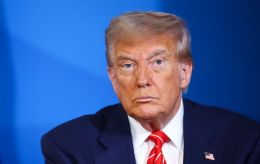Russia bans memes comparing Putin to Hitler, labels them as terrorism
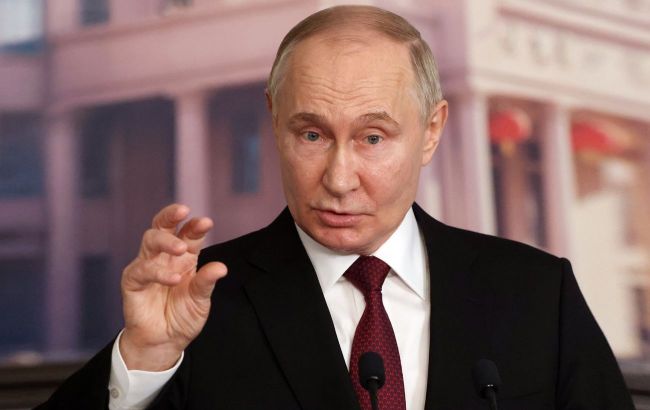 Photo: Russian leader Vladimir Putin (Getty Images)
Photo: Russian leader Vladimir Putin (Getty Images)
In Russia, a court has declared satirical images comparing Russian President Vladimir Putin to Adolf Hitler as dangerous. Law enforcement officials claim such memes could incite terrorist activity, according to the Russian outlet Verstka.
The Kirovsky District Court in Omsk banned twelve webpages that featured images comparing Putin with Hitler, as well as other memes.
In some cases, the banned content included photoshopped images of Putin with a Hitler-style mustache and hair. Notably, images from the Russian comedy film Hitler geht kaputt! featuring Pavel Derevyanko, which appeared on the same pages, were also banned as a result.
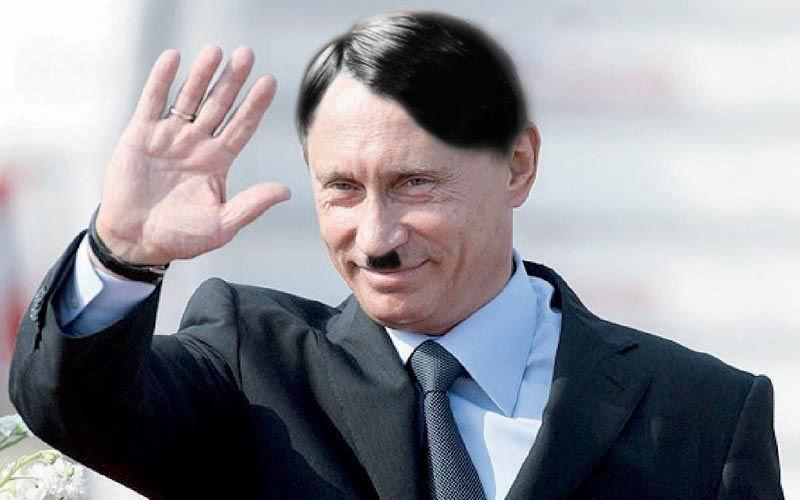
Photo: banned meme (t.me/svobodnieslova)
In other cases, the court banned photographs containing the words "Putler kaput."
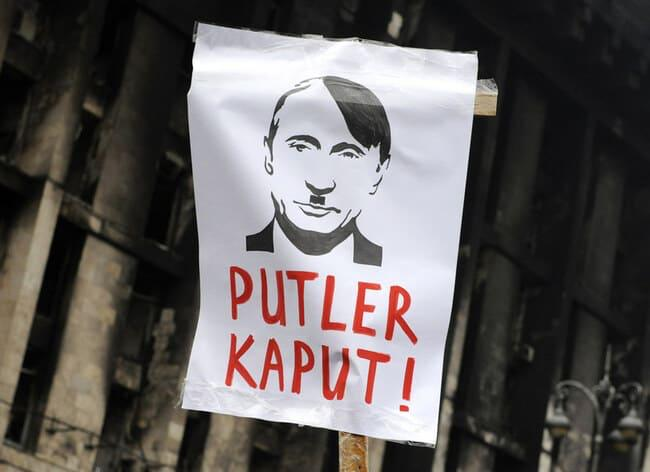
Photo: banned meme (t.me/svobodnieslova)
Most of the banned images were taken during protest rallies, with the captions written on demonstrators' posters. For example, the court outlawed a photograph by blogger Ilya Varlamov showing a woman holding a banner that read: "Putler, drink poison before you're served lead."
In addition, the court banned a page on the website Stihi.ru featuring an image of Putin holding a revolver to his head, accompanied by the caption: "How to save Russia from disgrace".
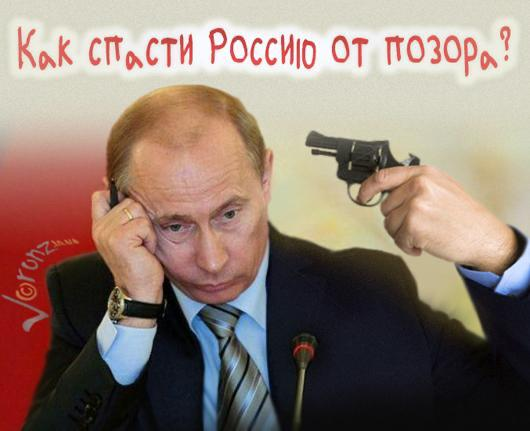
Photo: banned meme (t.me/svobodnieslova)
The court also banned a LiveJournal page that featured an image styled as a cover of the Soviet satirical magazine Krokodil, showing a photo of Putin with the caption: "The trial has begun on the merits. The creature claimed it was innocent."
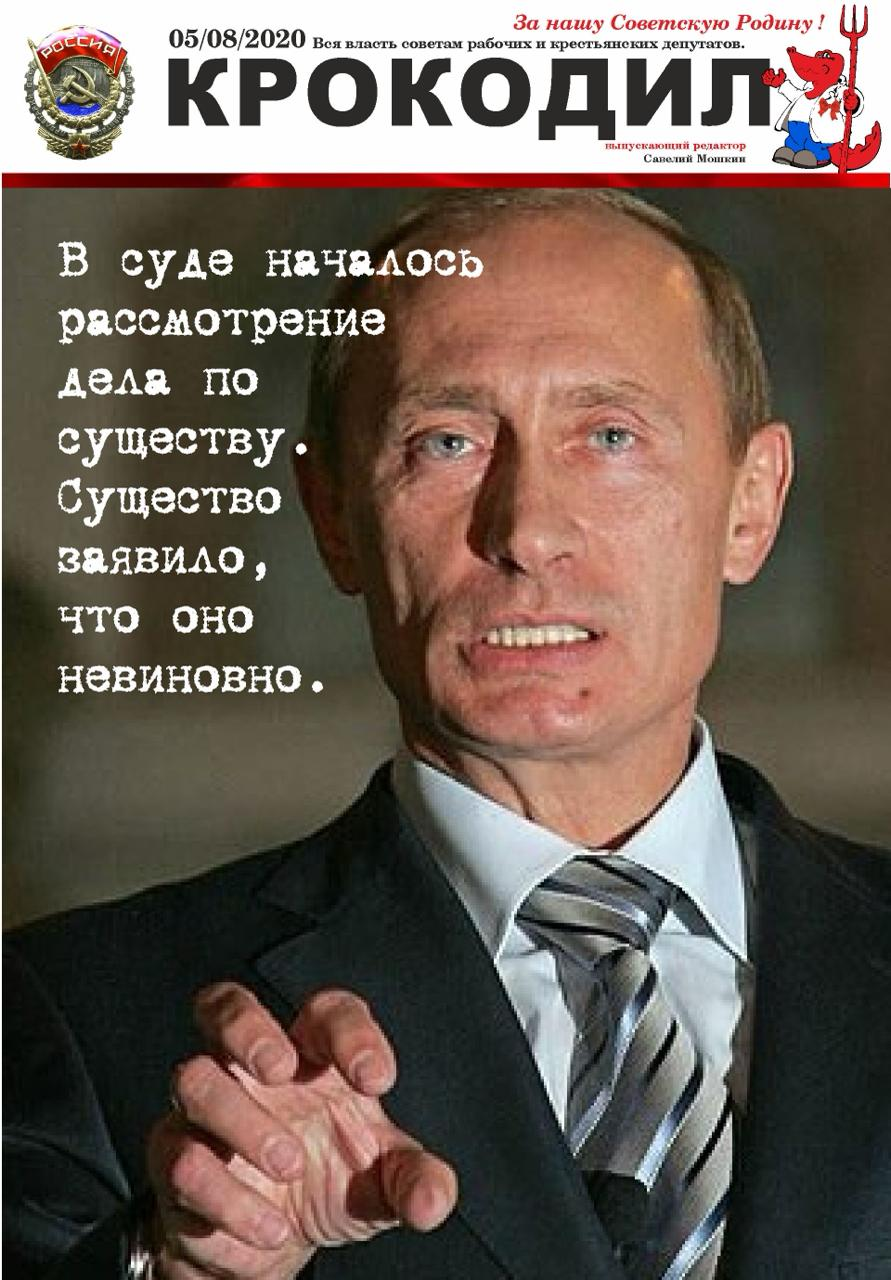
Photo: banned meme (t.me/svobodnieslova)
It is known that the request to ban the images came from prosecutors in Omsk. In their view, the content "negatively affects the interests of society and the state, encourages an unspecified group of people to engage in terrorist activities or crimes, and contributes to their commission."
What else is banned in Russia
Last year, the Kremlin tightened restrictions on opposition figures and critics of the war against Ukraine. More details on this can be found in the material by RBC-Ukraine.
Additionally, Moscow authorities banned a protest planned by the wives of Russian soldiers demanding the return of their husbands from the war in Ukraine.
Furthermore, for several years now, the Tverskoy District Court of Moscow has upheld the Russian Prosecutor General's claim, labeling the US company Meta as extremist. As a result, Facebook and Instagram are banned on Russian territory.

